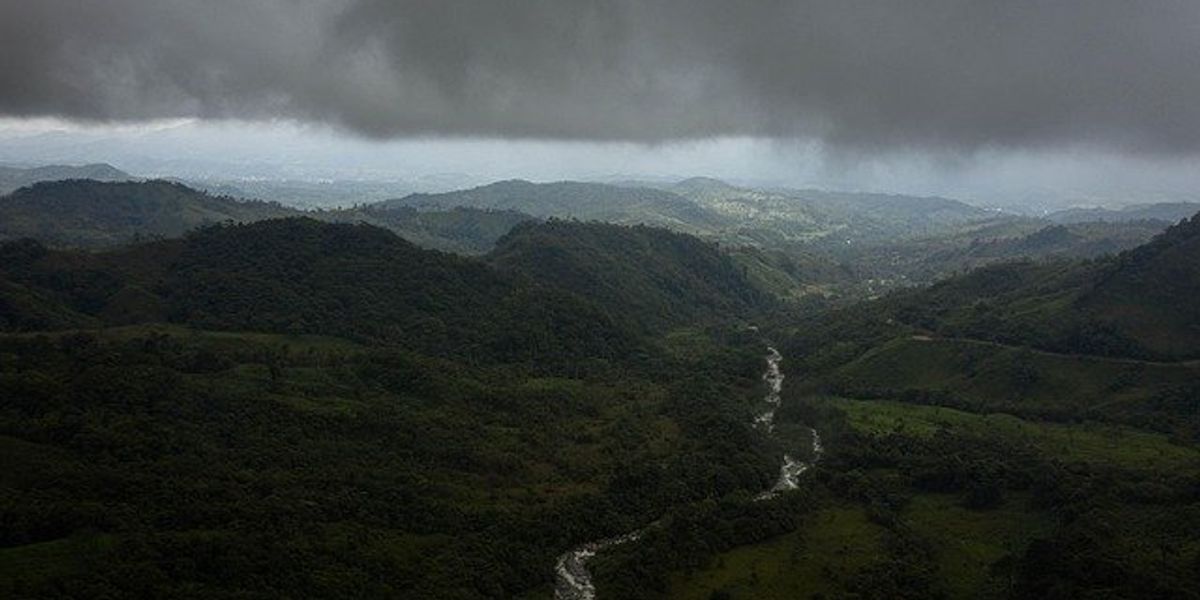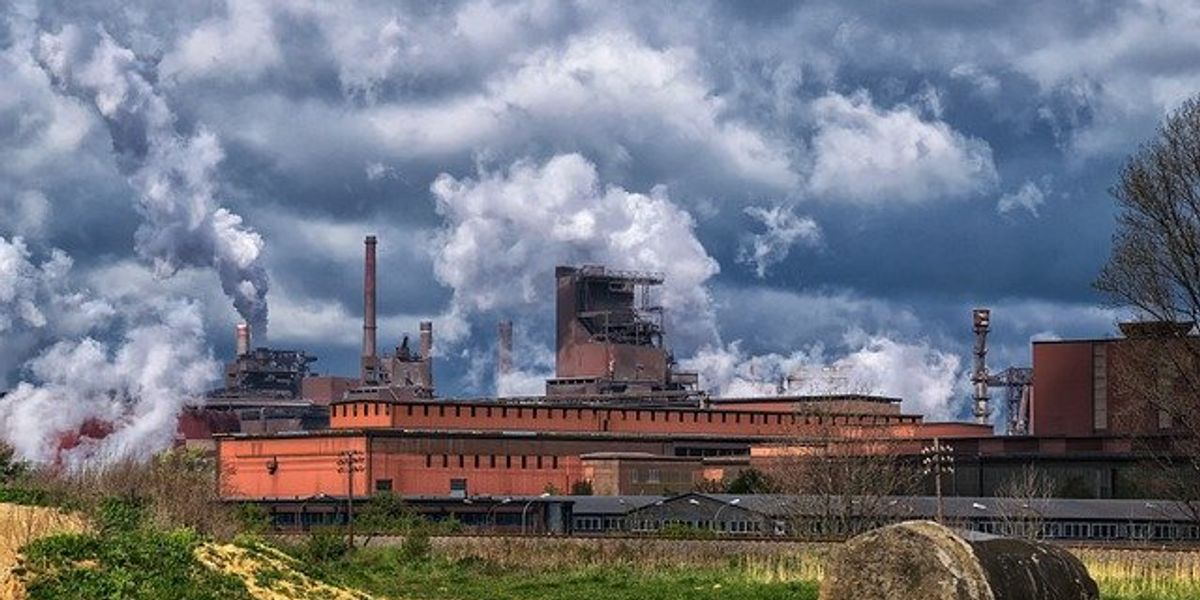
EPA shifts scientists from research to chemical approvals, raising alarm over independence
In a dramatic shake-up, the U.S. Environmental Protection Agency is moving dozens of scientists from its research office to chemical review roles, prompting fears of weakened environmental protections.
Lisa Friedman and Hiroko Tabuchi report for The New York Times.
In short:
- EPA Administrator Lee Zeldin announced that 130 scientists will be reassigned from the agency’s independent research arm to roles approving new chemicals, a long-standing priority of the chemical industry.
- The move is part of a broader deregulatory agenda, including efforts to dismantle key climate protections, and comes with veiled threats that jobs may be cut if scientists don’t comply.
- Critics, including lawmakers and scientists, warn this will politicize research, suppress independent science, and boost corporate influence in decisions that affect public health.
Key quote:
“This so-called ‘reorganization’ is a thinly veiled attempt to extinguish the agency’s world-renowned scientific expertise by shuffling scientists to process chemical reviews for industry.”
— Representative Chellie Pingree, Democrat of Maine
Why this matters:
The implications go far beyond the walls of the EPA. From hormone-disrupting plastics to “forever chemicals” in drinking water, the stuff we breathe, eat, and drink is already loaded with synthetic compounds. Gutting the EPA’s independence and burying its scientists in a flood of industry-backed chemical reviews risks letting even more toxic substances slip through the cracks.
Read more:
- Pennsylvania health advocates say Trump’s first 100 days in office have caused “100 harms” to local communities
- Trump’s EPA moves to roll back chemical safety rules
- Trump administration halts EPA science board meeting as agency faces major research cuts
- Trump's EPA appointments raise questions about chemical safety policies
- Former chemical lobbyist now oversees EPA’s new chemical approvals













